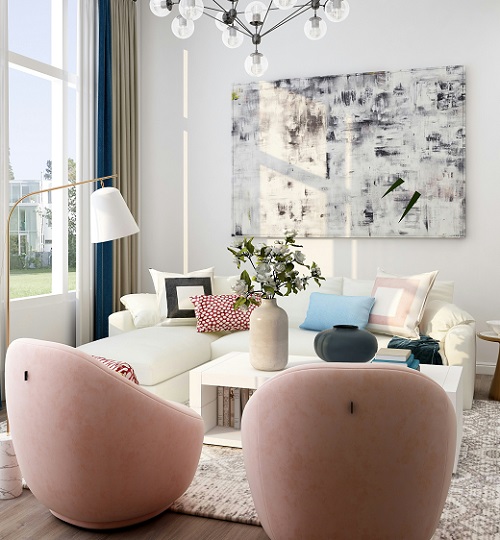Why I Like The Minimalists
By Pamela Wong
Pamela is a Trained Professional Organizer based in Oakville, Ontario and is the owner of Zen N Organized. She helps homeowners and small business owners transform their homes and home offices into organized spaces. She has a practical, non-judgemental approach to organizing. Her objective is to create functional and harmonious spaces for her clients.

Minimalist Life
There has been a lot of discussion in the media about getting rid of all the excess and to live the “minimalist life”. The desire to live simply, to experience what life has to offer rather than to worry about the materialistic possessions resonates with a lot of people, including me.
Other Advocates of Minimalism
You may have heard of Courtney Carver’s Project 333, Joshua Becker’s idea of owning less and living more, or Leo Babauta’s Zen Habits. They are advocates of living a minimalistic life and are all successful in achieving it in their own ways. In addition to these three, there are also The Minimalists.
The Minimalists
You may have heard of them from their various media appearances such as their Netflix Minimalism documentary or their podcast.
Joshua Fields Millburn and Ryan Nicodemus, the 2 members that make up The Minimalists, were living an unfulfilling life. They were making good salaries, living in big houses and yet they felt lost and unsatisfied with their lives. In 2009, they embarked the minimalist journey and never looked back.
I had the opportunity to watch The Minimalism documentary back in June/2016, followed by a Q&A with Joshua and Ryan. I could tell from the feedback and questions from the audience that the documentary was an awakening to many who attended the show. It gave a perspective on how one looks at their possessions, at their lives and how they want to change their way of living.
Similar Situations with Many of My Clients
Similar to their stories prior to minimalism, I can see how many of my clients were using their things for the wrong reasons.
Some of my clients needed to chase the happiness that they have been yearning for by buying more things, but only to find out that this happiness is only temporary. In order to get the next (temporary) fix, they continue to buy more things and the cycle continues.
Other clients hope that by holding onto their things, they will never forget their loved ones who have passed. They believe that the memories would be gone if they let go of the boxes of stuff piled up in the basement.
Then there are clients who are worried about how others see themselves, so they must keep up with the Joneses. They believe that by owning the latest gadgets and gizmos will make others look at them differently.
Meaningful Life
Many of them are missing the real meaning of using stuff, valuing self, and finding true happiness.
The Minimalists were able to eliminate the negative and reclaim their lives back. It is not about living a frugal life with limited possessions. It is to live a happy, fulfilling, and meaningful life.
To find out more about The Minimalists, visit their website: https://www.theminimalists.com
Here’s my question for you: What are your plans to ensure you are living a meaningful life?




When I was starting my (now closed) organizing business in 2002, I offered to help a friend for the experience, and she told me they didn’t really need help with organizing because they were minimalists. That was the first time I heard the term, and I was astounded to learn that not everyone keeps all their mementos (Maybe that’s why I didn’t succeed as an organizer !). Now it’s a common household word.